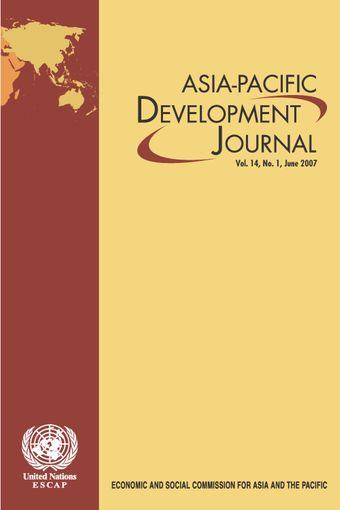-
Has aid made the Government of Indonesia lazy?
- Source: Asia-Pacific Development Journal, Volume 14, Issue 1, Jan 2008, p. 105 - 124
-
- 09 Jan 2008
Abstract
This paper is aimed at assessing the effects of aid on fiscal behaviour in Indonesia. There are four main findings. First, the inflow of aid is driven primarily by the need to fill the fiscal gap; that is, aid is demand driven. Second, although project aid is by definition intended for development expenditures, it results in an increase in routine expenditure as well. This suggests that project aid is fungible: it creates extra resources available to increase non-discretionary spending. Third, programme aid tends to increase routine expenditure but not development expenditure; thus, it mainly serves as budgetary support. Fourth, aid flows make the Government of Indonesia fiscally “lazy”. The availability of aid is a disincentive to mobilize domestic revenue through a more efficient and effective taxation system.





